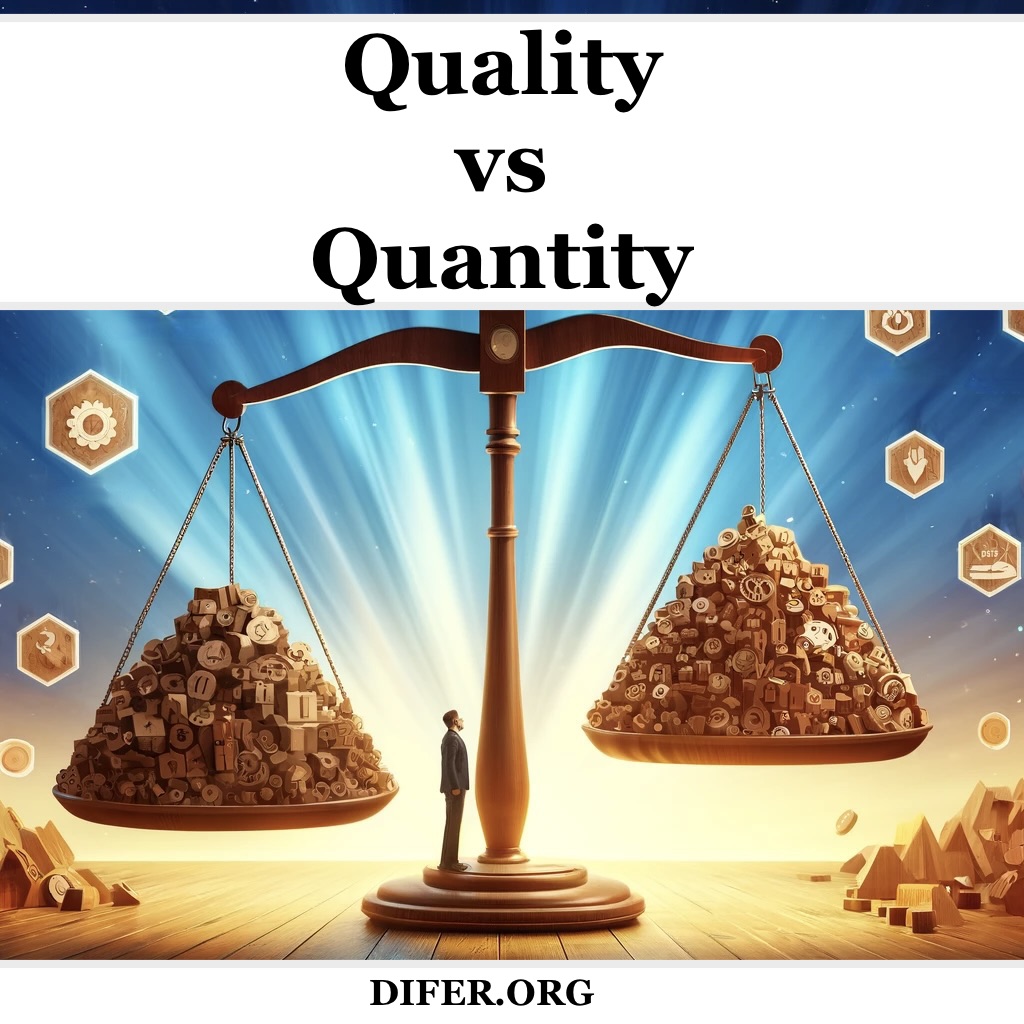Quality always wins over Quantity. Buying items that are made to last over lower quality items that need replacing has many advantages.
- Longevity and Durability: High-quality products are typically made with superior materials and craftsmanship increasing durability and longevity. While you might pay more upfront, you are likely to have a product that lasts longer, saving you money in the long run.
- Cost-Effectiveness: Quality items may have a higher initial cost, but they often provide better value over time. Cheaper, lower-quality products may need frequent replacements or repairs, leading to higher cumulative costs.
- Performance: Higher-quality products often perform better in terms of functionality and efficiency. Investing in quality can lead to a better user experience and improved performance.
- Environmental Impact: Cheap and poorly made products can contribute to a throwaway culture, leading to more waste and environmental impact. Quality items are often designed to last, reducing the need for constant replacements, and minimizing overall waste.
- Satisfaction and Enjoyment: Quality products often provide a higher level of satisfaction and enjoyment. Using something that works well and feels good can enhance your overall experience.
- Ethical Considerations: Some high-quality products come from companies that prioritize ethical manufacturing practices, fair labor conditions, and environmental sustainability. By supporting such companies, consumers contribute to positive social and environmental impacts.
- Reduced Stress: Dealing with frequent malfunctions, repairs, or replacements of low-quality items can be stressful. Investing in quality products can reduce the hassle and frustration associated with constantly dealing with subpar items or having to return items.
- Enhanced Resale Value: Quality items often retain their value better than cheaper alternatives. Some high-quality products can even appreciate making them a better investment.
- Personal Well-Being: Using high-quality items that are comfortable, functional, and aesthetically pleasing can contribute to a sense of well-being and contentment in daily life.
Buying quality over quantity is advantageous for several reasons. Firstly, quality items are typically built to last longer and withstand wear and tear, saving you money in the long run by reducing the need for frequent replacements. Additionally, high-quality products often perform better, providing superior functionality and reliability, which can enhance your overall experience and satisfaction. Moreover, quality items often retain their value better over time, making them a more sound investment. Lastly, prioritizing quality promotes sustainability by reducing waste associated with disposable or low-quality goods. In summary, while the upfront cost of quality items may be higher, the benefits they offer in terms of durability, performance, value retention, and sustainability make them a wiser choice in the long term.
DIFER.ORG Supports Reducing Waste





